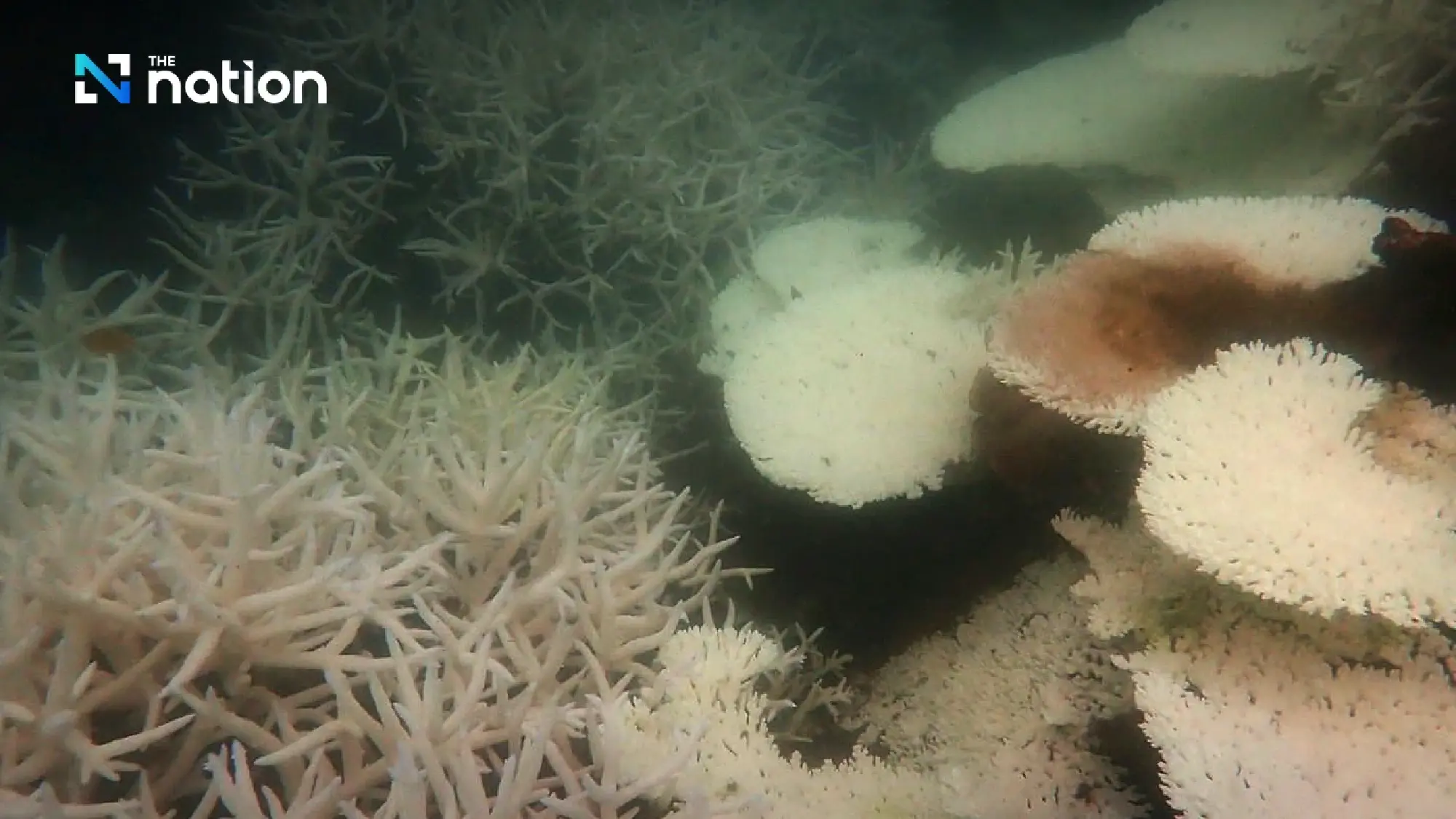
The effective management of marine areas by all relevant bodies, and significantly, the invaluable contribution of citizen scientists, volunteer divers, and marine tourists, has been instrumental in reducing coral mortality and damage.
This collective effort has led to a recovery exceeding the initial forecasts of marine scientists from both departments, fostering optimism for the continued health of Thailand’s reefs.
Dr Pinsak added that the DMCR is actively implementing its 2025 coral restoration plan.
This includes expanding the substrate area for coral larvae settlement by 12 rai across seven provinces (Trat, Rayong, Chonburi, Prachuap Khiri Khan, Chumphon, Surat Thani, Phang Nga, Phuket), actively replanting corals across 24 rai in the same seven provinces, and nurturing 60,000 coral colonies in nurseries.
He stressed that the conservation and restoration of coral reefs are paramount to ensuring the long-term health of the nation’s underwater ecosystems, requiring collaborative management alongside legal enforcement to bring the reefs back to their full abundance.

Coral Bleaching: A Symptom of Global Warming
The US National Oceanic and Atmospheric Administration (NOAA) and the International Coral Reef Initiative (ICRI) declared the fourth global mass coral bleaching event on April 15, 2024.
This alarming event unfolds against a backdrop of global climate change and the El Niño phenomenon, which have driven ocean temperatures to record highs, impacting coral reefs in at least 54 countries and territories since February 2023.
Coral bleaching occurs when ocean temperatures rise beyond the corals’ tolerance levels. Greenhouse gas emissions and global climate change are the primary culprits behind this warming trend.
The heat causes corals to expel the colourful algae that live within their tissues. While some coral species can recover if temperatures cool, prolonged heat stress can prove fatal.
Earlier, on June 7, 2023, the Intergovernmental Panel on Climate Change (IPCC) in its 2022 Sixth Assessment Report indicated a very high likelihood of the world warming by 1.5 degrees Celsius within 2030-2040.
However, global temperatures have consistently exceeded 1.5 degrees Celsius since 2015, leading to climate instability both on land and in the deep sea, with coral reefs being particularly vulnerable.
The “coral bleaching” phenomenon is not confined to distant oceans; Thailand’s own waters, both in the Gulf and the Andaman Sea, experienced significant bleaching events, particularly in 2024 across numerous locations.
